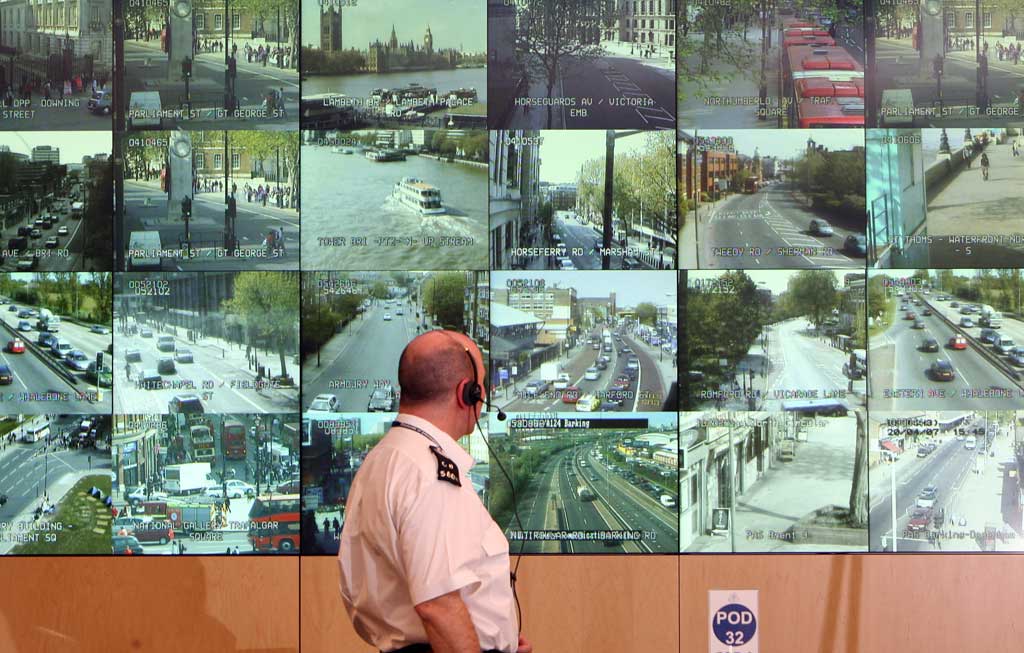The Dinner, By Herman Koch, trans. Sam Garrett
This riveting Dutch bestseller will leave its readers feeling thrilled, chilled or cheated.

Your support helps us to tell the story
From reproductive rights to climate change to Big Tech, The Independent is on the ground when the story is developing. Whether it's investigating the financials of Elon Musk's pro-Trump PAC or producing our latest documentary, 'The A Word', which shines a light on the American women fighting for reproductive rights, we know how important it is to parse out the facts from the messaging.
At such a critical moment in US history, we need reporters on the ground. Your donation allows us to keep sending journalists to speak to both sides of the story.
The Independent is trusted by Americans across the entire political spectrum. And unlike many other quality news outlets, we choose not to lock Americans out of our reporting and analysis with paywalls. We believe quality journalism should be available to everyone, paid for by those who can afford it.
Your support makes all the difference.The Dinner is a sly novel that appears to head in one direction but, before you know it, is galloping down another, unexpected path. The story is constructed out of a single set-piece: two Dutch couples meet at a high-end restaurant in Amsterdam. Their teenage sons have been caught on CCTV footage in a deadly act of criminality that has shocked the nation, but only their parents have recognised them so far. They must decide on the next course of action over dinner, and the narrative structure is shaped around the serving of three courses.
So far, the book sits in a recognisable category of Zeitgeist dramas that depict middle-class parental angst. The reader picks up the initial signals, thinking it not dissimilar to the social satire in Yasmina Reza's God of Carnage and the moral dilemma in Christos Tsiolkas's The Slap.
We are told the story from inside the head of Paul Lohman, the less successful brother to Serge, a politician and leading contender for PM. Paul's inner monologue is blackly comic. He sees through pomposity of any kind, including his brother's bluster. He is particularly acerbic about the pretentious cuisine.
For a time, we enjoy his savage laughter, the menace in his fantasies and the grudge in his inner voice. Paul is so delightfully snide that it is almost worth reading the book for the restaurant satire alone.
Yet as the dinner progresses, Koch manoeuvres his story away from black humour and towards the baroque. It is now that the hand-wringing family drama turns into a horror story. Herman Koch is a Dutch actor as well as novelist, and it shows. The Dinner prefers theatricality over realism, and this is refreshing if one accepts its artifice. The action is self-consciously stagey and the build-up of conversational menace has a brilliant, Pinteresque threat lurking just beneath the surface of civility, until the situation finally combusts.
In one sense, its horror works against its moral debate: passions raised in the reader over the parents' dilemma give way to the shocking plot developments, though not before Koch has made the point that child criminality is passed down from immoral parents. That this inheritance is cloaked in bourgeois respectability makes it more sinister.
The book has already sold a million copies in Europe and, rather like The Slap, it is set to become a contentious must-read. It may thrill, chill or cheat, but it is undeniably riveting, even if in the end, its spectacular style triumphs over substance.
Join our commenting forum
Join thought-provoking conversations, follow other Independent readers and see their replies
Comments